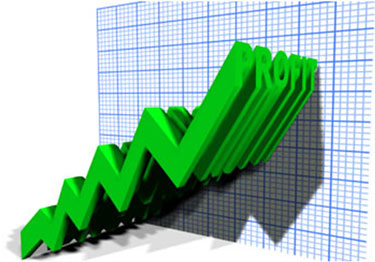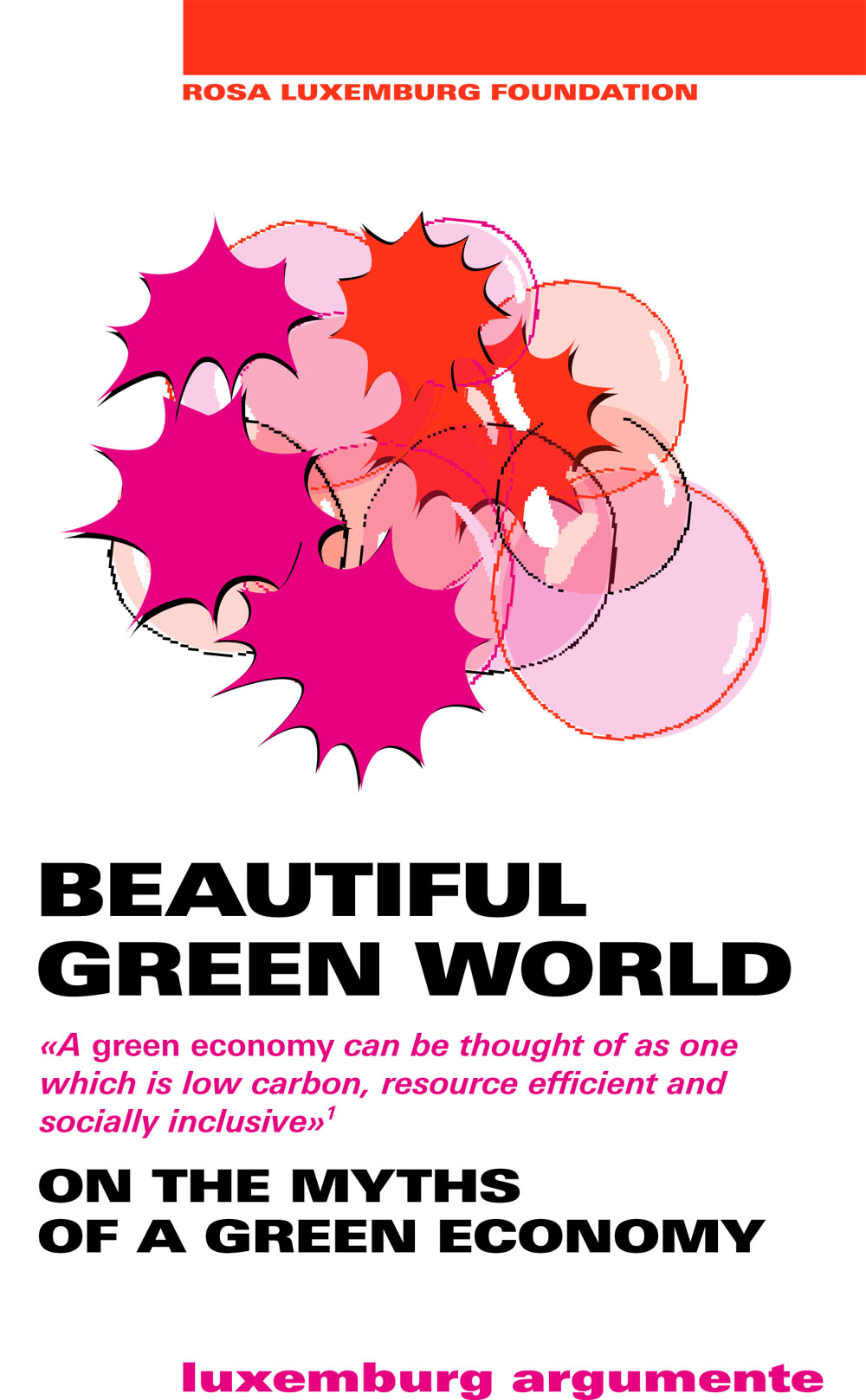Rio+20
Video: Pablo Solon on what’s next after Rio+20
June 26, 2012 – Pablo Solon, former climate change negotiator for Bolivia and now head of Focus on
NO REDD+! in Rio+20: A declaration to decolonise the earth and the sky

“Against Amazonian Genocide.
Climate Connections, June 18, 2012 -- What’s wrong with the green economy?: Joanna Cabello of Carbon Trade Watch at Rio+20.
For more coverage of the Rio+20, click HERE.
By Patrick Bond, Rio de Janeiro
June 18, 2012 -- Links International Journal of Socialist Renewal, a version of this article also appeared at Climate and Capitalism -- Given the worsening world economic crisis, the turn to "Green Economy" rhetoric looms as a potential saviour for footloose financial capital, and is also enormously welcome to those corporations panicking at market chaos in the topsy turvy fossil-fuel, water, infrastructure construction, technology and agriculture sectors.
On the other hand, for everyone else, the Rio+20 Earth Summit underway this week in Brazil, devoted to advancing Green Economy policies and projects, appears as an overall disaster zone for the people and planet.

Rio de Janeiro, June 14, 2012 -- La Via Campesina -- About 3000 people from around the world will mobilise to say NO to the commodification of life and nature at the "Peoples Summit for Social and Environmental Justice and in Defense of the Commons", the parallel opposition activity to the UN Conference on Sustainable Development or Rio+20.
The peoples' summit is a space for discussion, debate and construction of alternative proposals by the global civil society, social movements and peoples collective organisations. La Via Campesina -- the international organisation of small farmers -- has been actively participating in the construction of this activity in order to denounce the false solutions of the same failed economic model that are now being dressed in green under the name “green economy”. La Via Campesina is instead promoting peasants' sustainable agriculture as a true solution to the global climatic and environmental crises.
Pablo Solon on Rio+20: 'We must change the capitalist system, not Earth's system'

Earth photographed from Russia's Electro-L weather satellite, taken from 36,000 kilometres with a high-definition 121-megapixel camera, creating the sharpest image of our planet yet.
By Pablo Solon
May 16, 2012 -- Focus on the Global South/Climate and Capitalism -- Twenty years after the United Nations Conference on Environment and Development in Rio de Janeiro, Brazil, in 1992, the environmental crisis continues to worsen.
The unsustainable development model that gained dominance in the world resulted to grave loss of biodiversity, melting of polar ice caps and mountain glaciers, alarming increase in deforestation and desertification and the looming danger of an at least 4º C increase in temperature, which will threaten life as we know it.
Science is saying that we are approaching a point of no return that will change the way our planet has behaved over 650,000 years.
Pablo Solon on Rio+20: For an international campaign against the commodification of nature

By
Bolivia's proposals on the 'rights of nature' for Rio+20
December 19, 2011 -- The proposals developed by the Plurinational State of Bolivia bring together and build upon the progress made in the World Charter for Nature (1982), the Rio Declaration (1992), the Earth Charter (2000) and the World People’s Conference on Climate Change and the Rights of Mother Earth (2010).
[The United Nations Conference on Sustainable Development (Rio+20) is scheduled for June 20-22, 2012, in Brazil. It marks the 20th anniversary of the 1992 United Nations Conference on Environment and Development (UNCED), in Rio de Janeiro, and the 10th anniversary of the 2002 World Summit on Sustainable Development (WSSD) in Johannesburg.]
I. A DEEPER COMMITMENT TO SUSTAINABLE DEVELOPMENT IN THE 21ST CENTURY
